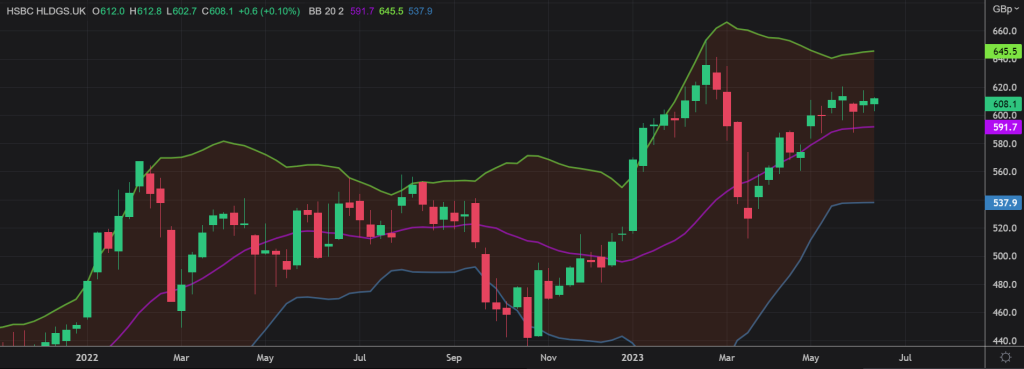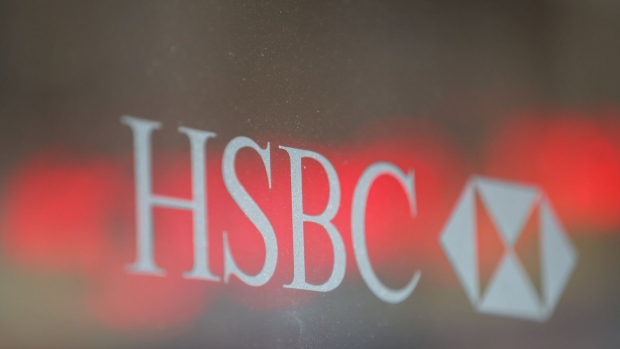HSBC, one of the world’s largest banking and financial services organizations, has announced its decision to shut down its wealth and personal banking business in New Zealand. The move comes as part of the bank’s ongoing efforts to streamline its operations and focus on its core markets. This decision has sparked discussions and raised concerns about the bank’s strategic direction and its potential implications for the global financial industry.
According to a recent report by Reuters, HSBC’s decision to exit the New Zealand market stems from the bank’s strategic review aimed at optimizing its business portfolio. The review has highlighted the need to reallocate resources and prioritize markets where HSBC can achieve sustainable growth and deliver value to its stakeholders. As a result, the wealth and personal banking business in New Zealand will be wound down, with HSBC focusing on its commercial banking operations in the country instead.
The closure of HSBC’s New Zealand wealth and personal banking business signifies a shift in the bank’s regional priorities. It also aligns with the broader trend of banks reassessing their global footprint to improve profitability and efficiency. HSBC’s decision reflects its commitment to adapt to evolving market dynamics and concentrate on markets with higher growth potential.
Impact on Investors: Analyzing HSBC’s Stock Performance

To gain further insights into the market sentiment and investor reaction, let’s examine the recent performance of the stock. The HSBC stock market graph for [ HSBA.L ] reveals a downward trend in recent months. The closure announcement may have had an impact on investor confidence, potentially contributing to the declining stock prices. Investors and market observers will be closely watching for any indications of how this strategic move will impact HSBC’s financial performance in the coming quarters.
Questions Arise: HSBC’s Future Plans and Potential investments
While the decision to exit the New Zealand market may seem like a strategic step, it also raises questions about the bank’s future plans and potential further divestments. Industry experts suggest that HSBC’s move could be a signal of the bank’s intent to focus on markets where it has a more substantial presence and can achieve a competitive advantage. The global banking landscape is evolving rapidly, with changing regulations, technological advancements, and shifting customer preferences. HSBC’s strategic choices will be crucial in navigating these challenges and positioning itself for sustained growth.
A New Chapter Begins: HSBC’s Strategic Transition Continues
HSBC’s announcement to close its wealth and personal banking business in New Zealand has sparked discussions and speculation about the bank’s strategic direction. The decision to reallocate resources and prioritize markets aligns with HSBC’s commitment to adapt to evolving market dynamics. However, it also raises questions about the bank’s future plans and potential divestments. As the global banking landscape continues to evolve, HSBC’s strategic choices will be closely monitored to assess their impact on the bank’s performance and its position in the financial industry.









